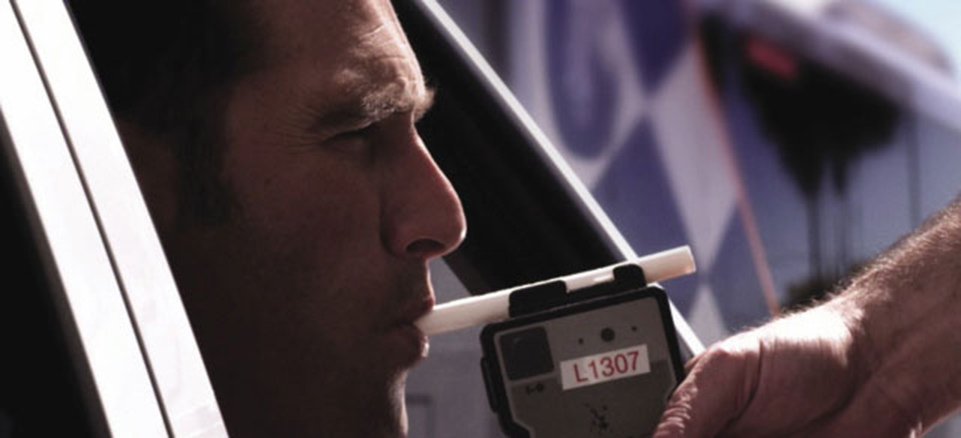
Case Study
Drink and Drug Driving Penalties: A Model Approach
Alcohol is a contributing factor in over 30% of fatal crashes leading to death and is costing our community in excess of $200 million each year. In October 2011 amendments to the Road Traffic Act 1974 relating to penalties for drink and drug driving offences came into effect. Drink driving penalties in Western Australia had remained unchanged since 1997 and needed to be changed to ensure they are at a level that will effectively deter people from driving after drinking alcohol or taking drugs.

This project represents a model approach to policy development. A consultant was engaged to research and review current penalties and a resource was dedicated to coordinate and manage the policy development and legislation change process. In addition, extensive input was sought from a range of organisations, including the former Injury Research Centre, National Drug Research Centre, WA Alcohol and Drug Authority, WA Police, the Department of Transport, the Department of the Attorney General, the Department of Corrective Services and the Office of Road Safety.
In 2006, the Road Safety Council endorsed the consultant's report and recommendations were made to Government. However, with the change of Government in 2008 it was necessary to recommence the approval process. Given the lapse in time, the review was updated to consider changes to relevant Western Australian legislation and to ensure parity with penalties in other jurisdictions. A revised Cabinet Submission was approved by Cabinet and new legislation was passed in 2011.
Western Australia's penalties are now in line with other States, reflecting the increased risk of crashing as alcohol or drug intake increases. Changes affect monetary fines and disqualifications, with penalties higher for repeat offenders. In addition, selected groups of drivers are now required to drive with a zero Blood Alcohol Content. A communication campaign to prepare the community ran for five weeks and included radio, print and direct mail.
The changes in penalties will contribute to a reduction in the incidence of drink and drug driving by enhancing the effectiveness of existing penalties to deter people from engaging in this behaviour. Combined with effective enforcement and supported by education they form a powerful response to help make our roads safer for everyone. For more information on this or other road safety initiatives visit our website.

 previous page
previous page
 previous page
previous page
